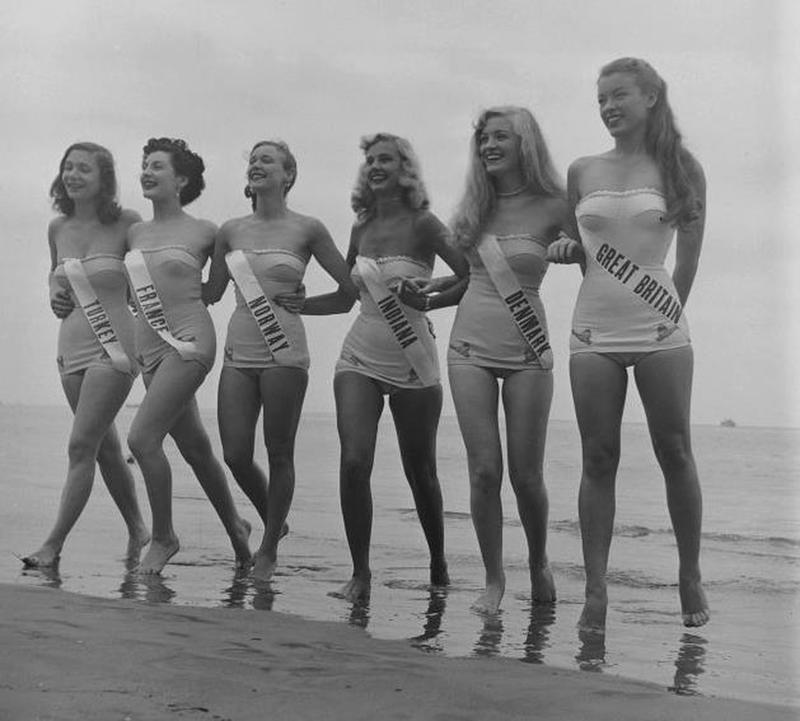One of the few things about the Chinkvirus pandemic that has given me amusement is the panicked reaction from the Education Establishment against homeschoooling — you know, the dread fact that children’s education has slipped from their grasp and back to (where it really belongs) the parents.
Of course, the screaming and wailing is all utter bollocks, as City Journal‘s Max Eden explains:
It would be useful to know how homeschooled students perform academically compared with their public school counterparts. A 2017 literature review, focusing only on peer-reviewed articles, found that the majority of studies showed positive academic, social and emotional, and long-term life outcomes. Bartholet dismisses much of this literature, noting that it tends to focus on a not necessarily representative sample of homeschoolers who “emerge from isolation to do things like take standardized tests.”
Eden takes this apart for the nonsense it is:
James Dwyer, co-organizer of the event, has declared that “the reason parent-child relationships exist is that the state confers legal parenthood. . . . It’s the state that’s empowering parents to do anything with children. To take them home, to have custody, to make any kind of decision about that.”
Such sentiments would horrify most parents, and Bartholet’s proposed ban on homeschooling would never win at the ballot box, as she knows. She laments how the Constitution “with its negative rights structure is an anomaly, outdated and inadequate by the standards of the rest of the world.” But she expresses hope that litigation campaigns may lay the groundwork for an eventual national ban. It wouldn’t be the first time that coordinated progressive litigation has yielded profound, counter-majoritarian policy change. With elites like Bartholet and her colleagues pushing their vision of family subordination to the state, homeschool parents have good reason to be on guard.
Yeah, that damn antiquated Constitution and its “negative rights structure”. For those of you either ignorant of or impatient with academic-speak, what this foul woman means is that she would prefer a constitution which lets the State tell the citizens what they may do, as opposed to our Constitution which says that government may only do this and that, and the rest is up to We The People.
Her preference is always the default position with statists, tyrants and dictators.
Were it not for that “negative rights structure”, I’d suggest that Bartolet be punished or at least censured for wanting the State to take parents’ rights away; but there’s that annoying little First Amendment thing which affirms her inalienable right to utter anything she wants — even dangerous bullshit like this.
And I have the right to call it “dangerous bullshit”, protected by that same outdated principle. And the right to tell her to fuck off and die.

